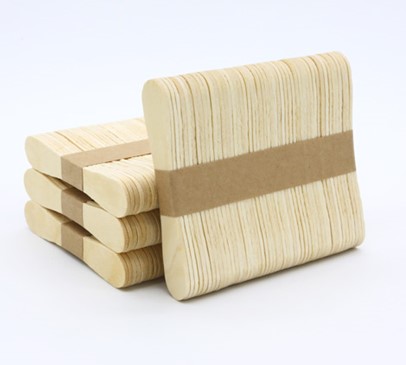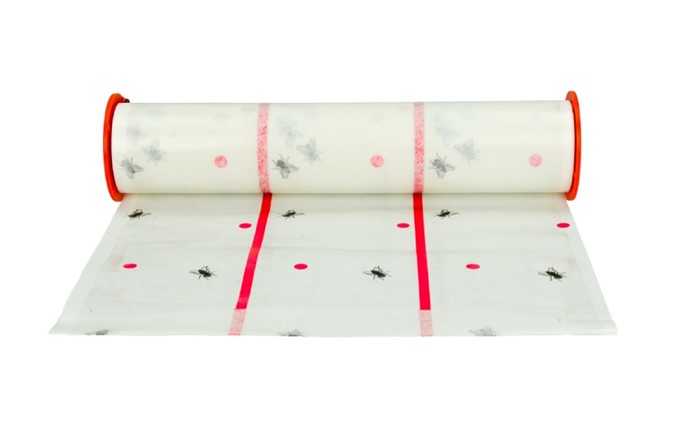In Kaliningrad, proposed options for solving the problem of transit
There are three possible diplomatic solutions on the issue of transit of goods through Lithuania to the Kaliningrad region, said the HEAD of the agency for international and interregional relations of the Kaliningrad region, Alla Ivanova, reports the publication "New Kaliningrad".
On June 18, Lithuania imposed a ban on the transit of goods to the region by rail that fell under EU sanctions . And these are products made of iron, steel and some other metals, fertilizers, timber, wood products, glass containers, cement, etc. The full list of goods prohibited for transit consists of 66 pages.
Ivanova was asked how this problem could be resolved through diplomacy.
“There may be several solutions, this is more of a technical issue. For example, amendments to the EU sanctions document 833/2014, and in different versions. The first is the addition of the glossary of Article 1 with the concept of “Kaliningrad transit of people and goods” and a general exemption from sanctions,” Ivanova said.
The next option is to exclude the phrase “including transit” from the text of the articles of the sanctions document relating to oil products, metals, coal and other goods, the head of the agency pointed out. The third is to send an explanation to the Lithuanian customs about the non-application of the effect of the articles introduced by the fourth to sixth packages of sanctions to the “Kaliningrad transit” of goods.
What will the ban on the transit of sanctioned goods to Kaliningrad lead to Politics
The Kremlin called the decision "unprecedented" and "illegal". “This is a violation of everything and everything,” said presidential spokesman Dmitry Peskov. The Foreign Ministry protested against the decision of the Lithuanian authorities and promised that "consequences" would follow. The Foreign Ministry also promised retaliatory measures to the European Union. Its ambassador, Markus Ereder, assured that "there is no talk of a transit ban, a blockade [of the region]," and the transit of goods that do not fall under EU restrictive measures "works normally."
Read on RBC Pro Pro How to bargain with the Chinese - the secrets of negotiations ArticlesPro From Magazine to Airline: Reading Losing My Virginity by Richard Branson Summary Pro Burnt Link:what causes a talent crisis in supply chains Articles Pro Loves cola and hates sports:how anti-life Elon Musk liveshow to get rid of an obsessive employer Instructions Pro Charmed everyone, created a cult and earned $ 1 billion:The story of the creator of WeWork Articles Pro Features of the business environment in Turkey:what kind of business do Russians open there Articles Pro Be realistic:what techniques will help to cope with anxiety at work ArticlesThe authorities of Kaliningrad have so far decided to use ferries and ships to deliver sanctioned goods, and deliver those goods that can be transported through Lithuania by rail. On June 21, the head of the region, Anton Alikhanov, indicated that proposals would soon be sent to Moscow on retaliatory measures to Lithuania in connection with the restriction of transit.


























































